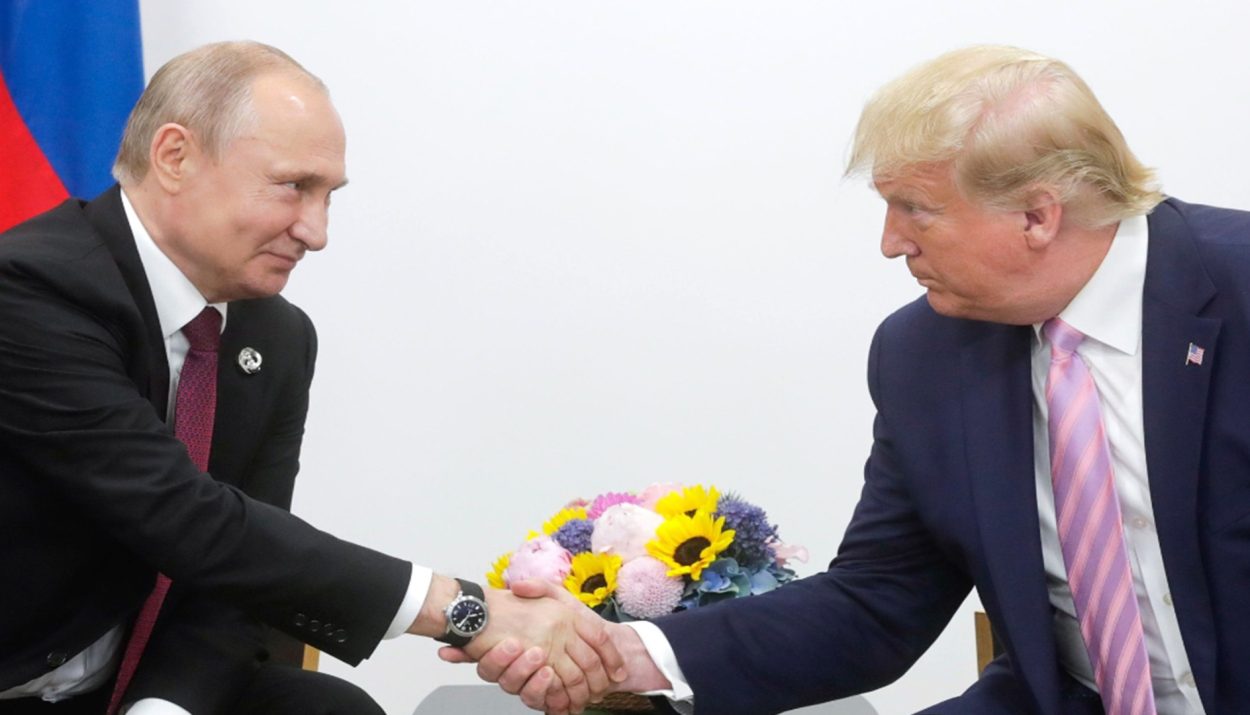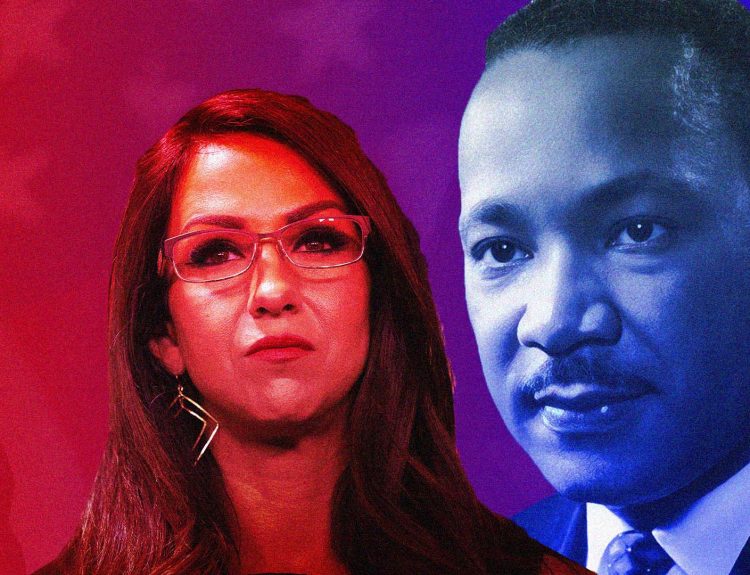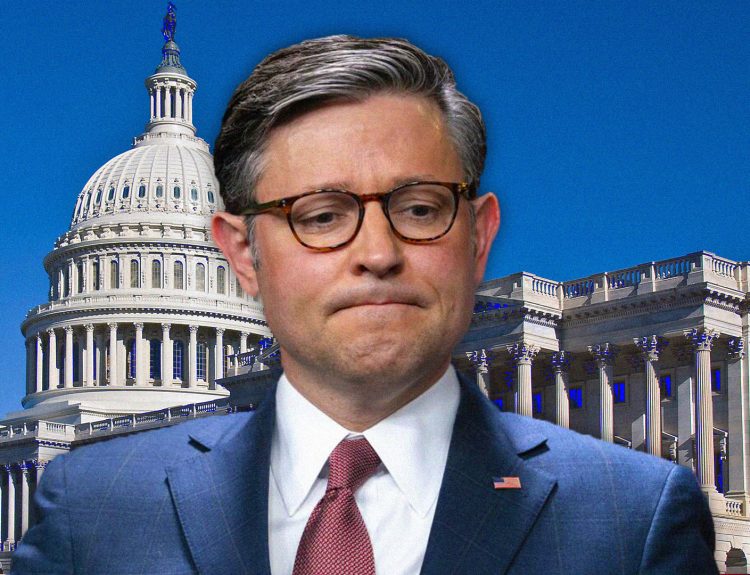Former President Donald Trump is known for making controversial remarks on a wide variety of topics. At a recent political rally, he took aim at one of his favorite targets. Since his remarks implied that he might allow a hostile nation to attack NATO allies, it’s not surprising that there was an outcry. But does what he said matter?
Why Does Trump Hate NATO?
Let’s start with Trump’s history with NATO. He’s made comments in the past about certain countries failing to pay their NATO “dues,” which makes it sound like NATO is an international country club. That’s actually not the case, but there’s a kernel of truth in there that requires some digging to find. Countries who belong do have a financial obligation.
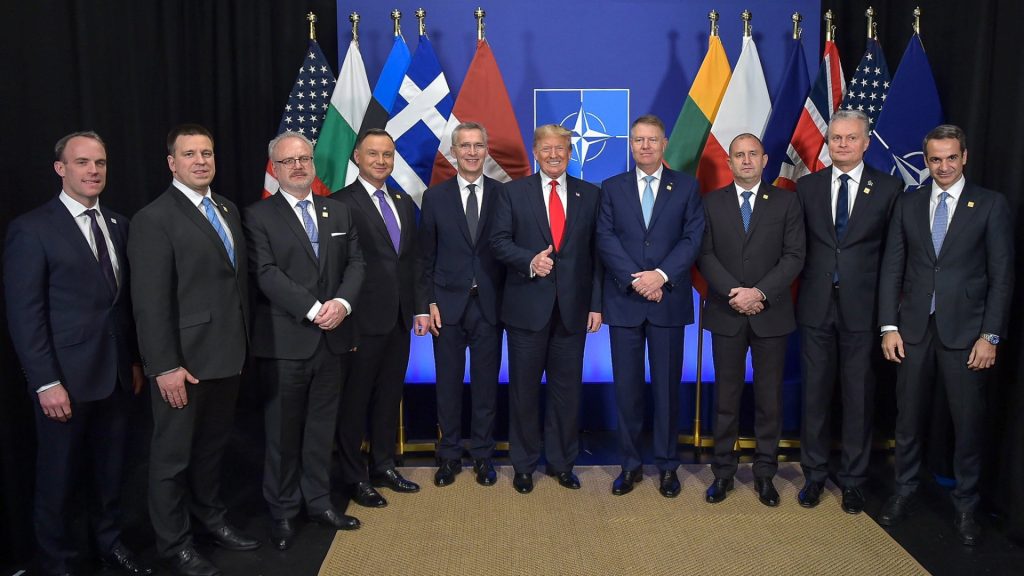
There is a NATO defense fund to which all members contribute. That’s not the issue. What is a point of contention is that NATO rules require member nations to spend 2% of their Gross Domestic Product on defense. There are several members that don’t spend the required amount.
So What Did Trump Say?
Trump’s remarks echoed things he’s said in the past. He said that he told an unnamed foreign leader that if he were president again, the US might not defend NATO members that fail to meet the national defense spending targets. That’s not new. It’s what he said as a follow-up that caused the backlash.
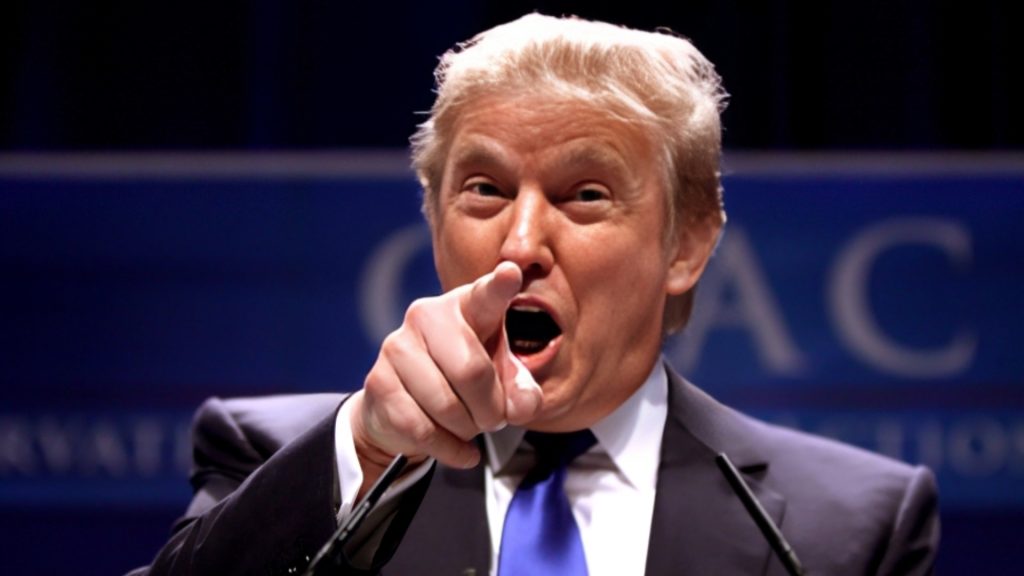
After saying he wouldn’t defend NATO allies, he went on to say this. “In fact, I would encourage them to do whatever the hell they want. You got to pay. You got to pay your bills.” There’s an important distinction between not defending an ally and actively encouraging an enemy to attack them.
Who Could Trump Have Been Talking About?
Russia has become increasingly aggressive under Vladimir Putin. While many nations in the area are part of NATO, Russia left in 2015. Trump’s critics pointed out that his remark could be interpreted to mean that the US wouldn’t defend NATO members against Russian aggression. In light of Russia’s continuing assault on Ukraine, that’s a real worry.
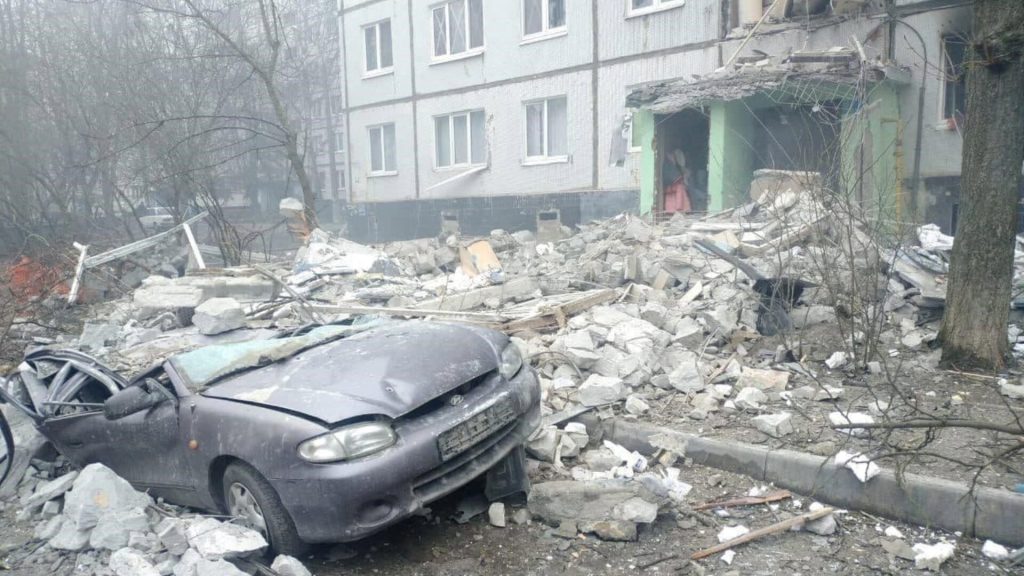
Given US history with the USSR and Russia, it’s difficult to understand why a US president might allow Russia to attack other nations. The US spent decades and countless money working to bring down the Soviet Union. Trump has praised Putin in the past and seems to admire him. That’s troubling.
Nikki Haley Had Harsh Words For Trump
Nikki Haley served as UN Ambassador under the former president. She’s running for president, so it’s not shocking that she was quick to take issue with Trump’s remarks. Her focus was on military families and the harm that a second Trump presidency might do to them if failure to defend NATO allies led to war.
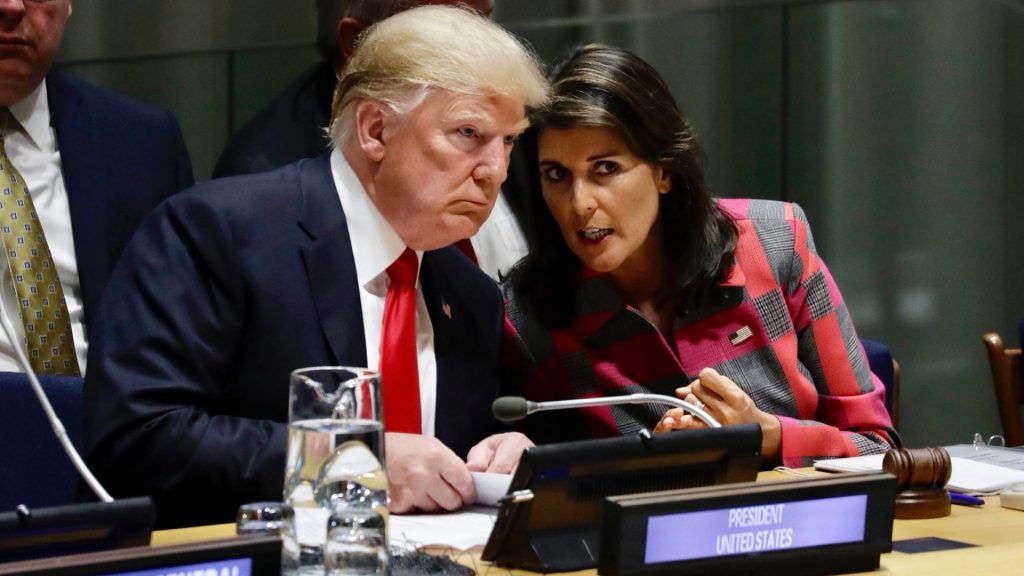
Haley pointed out Trump never served in the military. “He’s never had to sleep on the ground. He’s never known how to sacrifice. And the most harm he’s ever possibly had is getting hit by a golf ball when he’s sitting in a golf cart. That’s the truth.” Since Trump grew up in a wealthy family, Haley’s comments hit home.
Marco Rubio As Trump Defender
Marco Rubio ran against Trump for the Republican presidential nomination in 2016. Trump mocked him repeatedly, calling him Little Marco. But when it became apparent that Trump would be the nominee, Rubio fell in line behind him. It appears that nothing has changed in the intervening years, since Rubio sprang to Trump’s defense over the NATO issue.
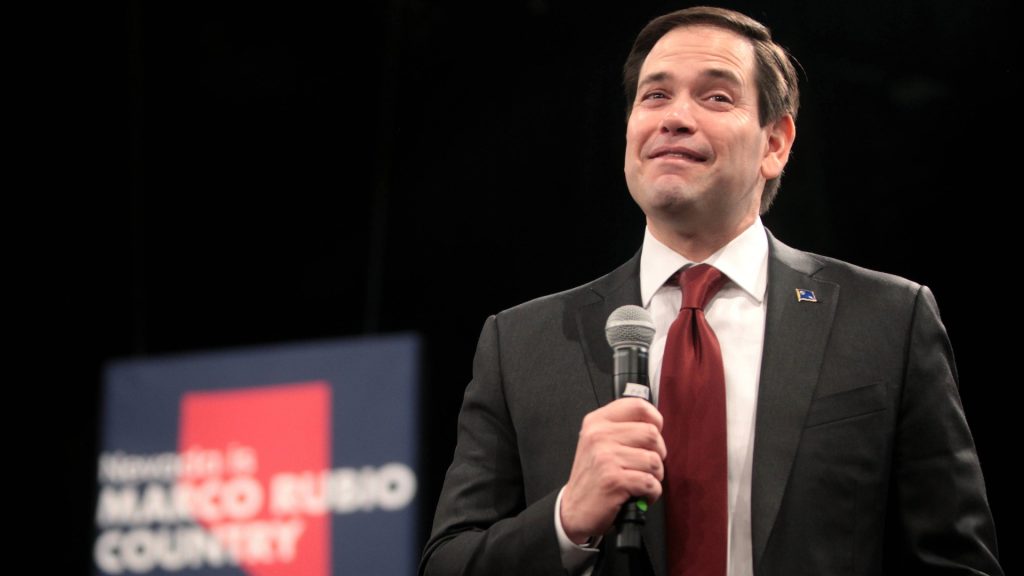
Appearing on CNN’s “State of the Union,” Rubio said, “That’s not what happened and that’s not how I view that statement.” He went on to say that Trump “doesn’t talk like a traditional politician.” What makes his defense of Trump unusual is that Rubio himself was the cosponsor of a bill that would prevent Trump from easily abandoning NATO allies.
Congress To The Rescue?
In December of 2023, the US Congress passed an $886 billion defense spending bill that was introduced by Democrat Tim Kaine and Marco Rubio. The provision in the bill would make it extremely difficult for the US to leave NATO. Congress is deeply divided on most issues, but this provision had broad bipartisan support. It stalled during the Trump presidency.
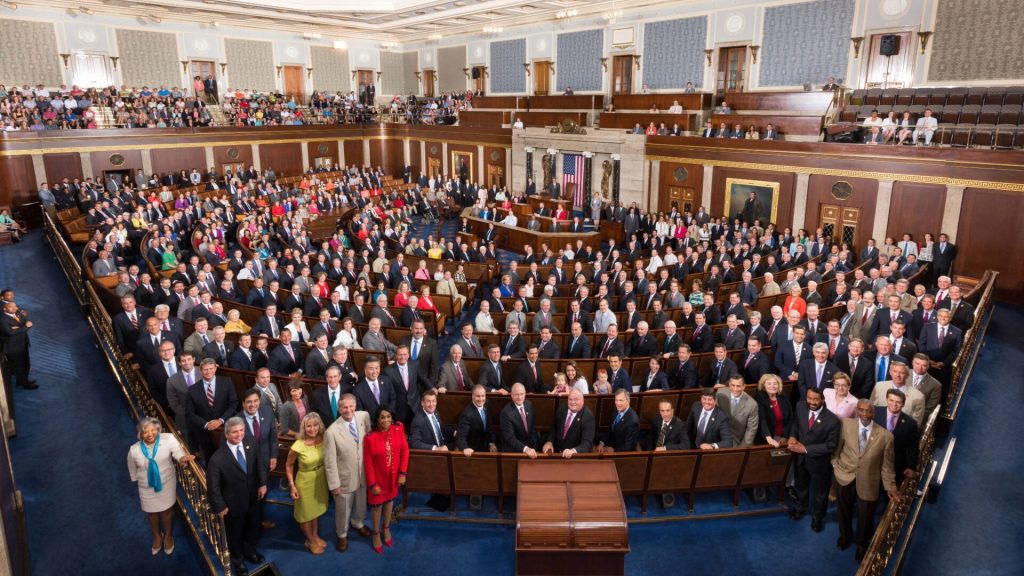
The provision lays out the circumstances under which the United State could leave NATO. It would require either Senate approval or an act of Congress for the US to leave. Certainly a failure to defend NATO allies could be seen as an attempt to leave the alliance. Joe Biden signed the defense bill and the NATO provision into law.
Would Trump Want To Leave NATO?
There’s another question that needs to be asked: has Trump said he wants the US to leave NATO? Given how immediate the outcry was against his comments, you might think he’d been saying exactly that. However, the truth is that he hasn’t said that he wants to leave, but his campaign website implies that leaving might be on his agenda.
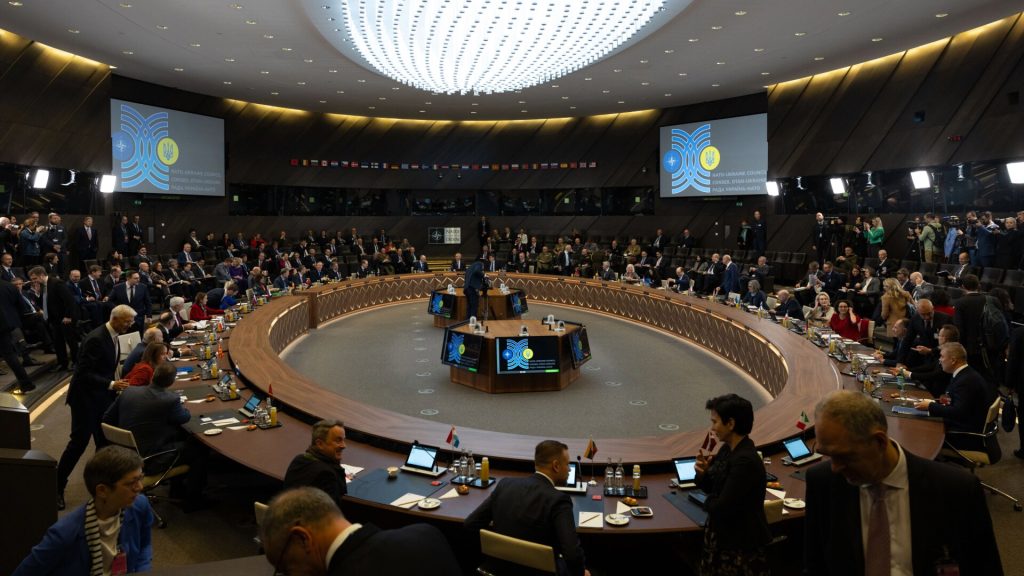
Trump’s website says, “We have to finish the process we began under my administration of fundamentally re-evaluating NATO’s purpose and NATO’s mission.” Critics said that Trump has asked whether NATO’s collective-defense provision, which has been activated only once (after the September 11 attacks), should apply to all NATO members. That’s an ironic stance considering that the provision helped the US.
Should We Be Worried That Trump Will Pull The US Out Of NATO?
Even without the recent legislation, it’s unlikely that any president could pull the US out of NATO without Congressional approval. Under the Constitution, presidents must seek and receive Senate approval to form new treaties. There’s a gray area on whether the Senate needs to approve the ending of a treaty.
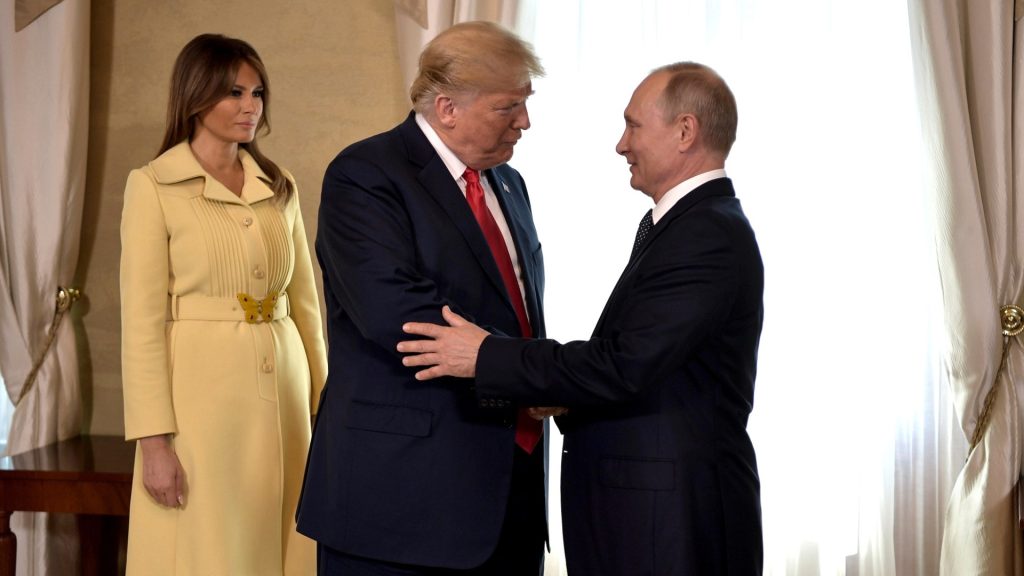
Under the provision, the president would need to notify key House and Senate committees at least 180 days before deliberating to “suspend, terminate, denounce, or withdraw” from NATO. The “denounce” part could be extremely difficult for Trump, who loves denouncing things. The provision would require an act of Congress or two-thirds of the Senate to approve withdrawal.

